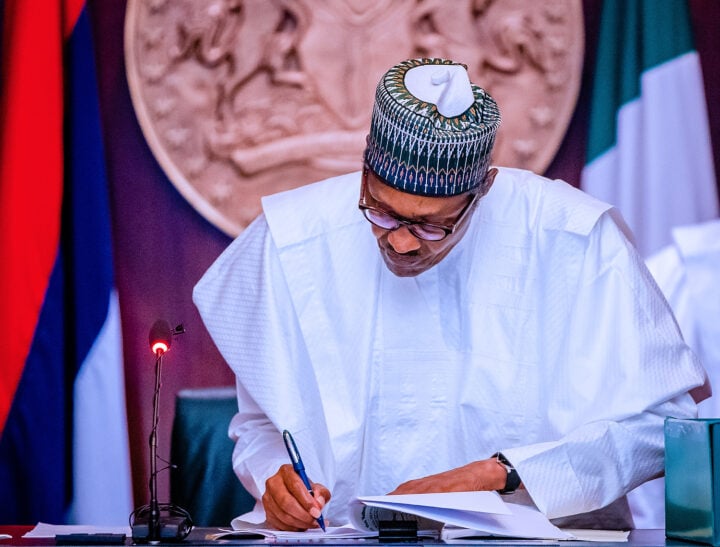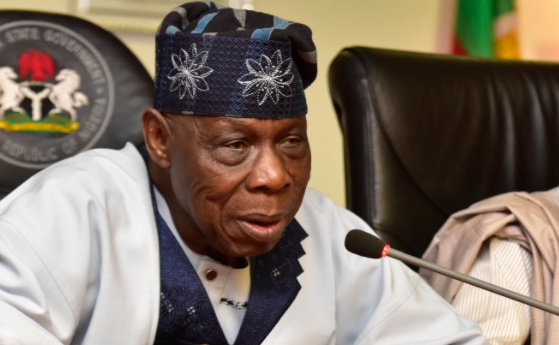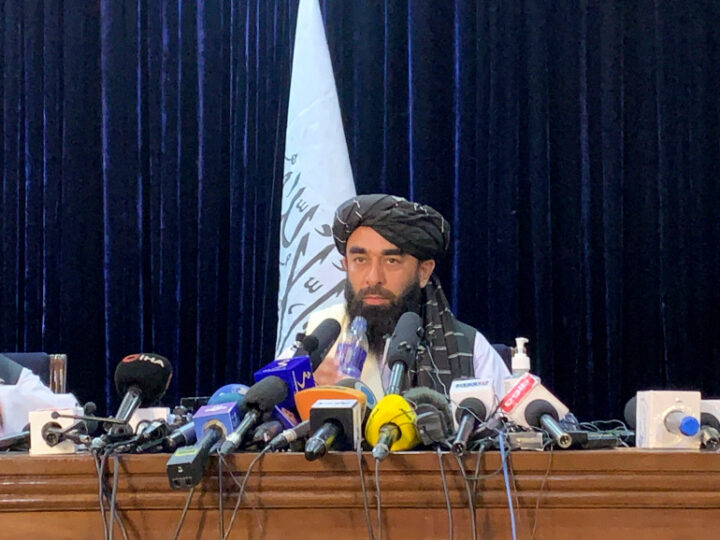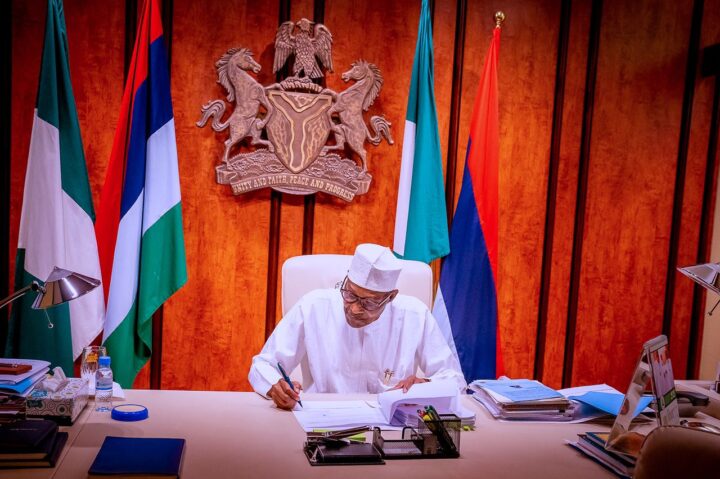After more than two decades in the works, President Muhammadu Buhari on Monday assented to the Petroleum Industry Bill (PIB).
While many stakeholders in the oil and gas sector applauded the landmark law guiding the country’s oil sector, some believed it is a law made for yesterday.
This is because global communities, including international oil companies (IOCs), are looking for alternatives to fossil fuel.
Apart from the goodies in the new law, there are also concerns on 3 percent annual allocation for host communities from operators’ yearly operating expenditure. Also is the dedicated 30 percent frontier exploration funds to take care of exploration and development activities of oil discoveries.
Advertisement
Despite all these, Nigerians can jubilate for one thing — the country now has a legal framework to hold the state-owned oil company and other regulators accountable to.
It is also expected that the Petroleum Industry Act (PIA) would align activities in the oil and gas sector with the global best practices and ensure the state-owned oil firm operates effectively and efficiently.
TheCable highlights some of the activities governing the operations of the new Petroleum Act.
Advertisement
COMMERCIALISATION OF NNPC
The new legislation established the Nigerian National Petroleum Company Limited (NNPC Limited). The NNPC limited will be an offshoot of the current NNPC — incorporated under the Companies and Allied Matters Act.
The law stipulates that the incorporation of NNPC into a limited liability company will be done within six months after the president’s assent.
By incorporation, the new company will run as a commercial entity while the federal government still owns all shares, held by the ministry of finance and petroleum resources on its behalf.
Advertisement
This is against the submission of southern governors who requested that the ownership of NNPC limited be in the trust of Nigeria Sovereign Investment Authority (NSIA) instead of the federal ministry of finance.
Before the law, NNPC has consistently been operated as a loss-making venture, and the government ensure consistent running every year.
In its 2019 financial statement, auditors had expressed concerns over the NNPC’s sustainability plan given a compounded N4.4 trillion (about $11 billion) liability margin over its assets.
AUDITING OF NNPC LIMITED BOOKS /SALE OF SHARES
Advertisement
The law provides for an annual auditor of NNPC limited by an independent, competent, experienced and qualified auditor.
According to the law, the offering of any shares of NNPC limited will be considered and approved by the federal executive council and the national economic council on behalf of the federation.
Advertisement
PRINCIPLES OF FEDERAL CHARACTER IN NNPC LIMITED BOARD APPOINTMENT
The president will appoint a board for the NNPC limited. The board composition includes a chief executive officer, chief financial officer, and representatives from the ministry of finance and petroleum. The board will also have six non-executive members with at least 15 years post-qualification experience in the petroleum or relevant sector from each geopolitical zone.
Advertisement
Section 57 of the Act provides for NNPC limited to absorb the employees of NNPC and its subsidiaries on terms and conditions not less favourable than that enjoyed before the transfer of the service, including entitlements and pension.
NIGERIA TO PAY COST OF WINDING DOWN ASSETS
Advertisement
Section 8 of the Act states that any debt relating to NNPC under joint venture agreements would become the debt of NNPC limited and all assets transferred to it. According to the new law, the federal government would be responsible for the cost of winding down the assets, interests and liabilities of NNPC.
TWO REGULATORY AGENCIES
The law provides for two regulatory agencies in the oil and gas sector – the Nigerian Upstream Regulatory Commission (Commission) and the Nigerian Midstream and Downstream Petroleum Regulatory Authority (Authority).
The Commission has the power to acquire, hold and dispose of property — responsible for the technical and commercial regulation of upstream petroleum operations.
It would also administer acreage for upstream petroleum operations in Nigeria, including the grant of licences and leases.
The Authority, on the other side, take care of the aspect of the midstream and downstream sector, including granting of individual licences or permits, while the minister of petroleum caters for the establishment of refineries on its recommendation.
HOST COMMUNITY DEVELOPMENT TRUSTS
The law provides for host communities’ development trusts to foster sustainable prosperity, enhance peace, and cordial relationship between licensees and lessees, and the communities.
The fund is expected to be incorporated within 12 months after the commencement date for new or existing oil mining leases.
Section 240 (2) of the law states that each settlor (operator) provides an annual contribution to the host communities’ development trust fund, — a 3 percent of its actual annual operating expenditure.
It further stated that each community could also receive donations, gifts, grants or honoraria.
The profit and interest accruing from the reserve fund are also for the host community.
FISCAL FRAMEWORK
The law also made provisions for fiscal frameworks based on core principles of clarity, dynamism and fiscal rules.
The fiscal rules assigned the collection of petroleum industry revenue to Federal Inland Revenue Service (FIRS) and the Commission.
These payments include taxes, royalties, production shares, profit shares, signature and production bonuses, renewal bonuses, rents, fees, fines, and other levies due to grant, assignment, termination and breaches of licences leases and permits.
It assigned FIRS to collection and enforcement of hydrocarbon tax, companies income tax and tertiary education tax.
The Commission would be responsible for the enforcement and collection of royalties, signature bonuses, rents and related payments, while the Authority takes charge of gas flare penalties arising from midstream operations.






